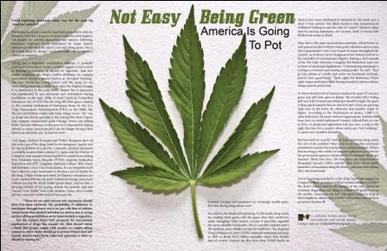 By Connextions Magazine OP-ED columnist C Antonio Could legalizing marijuana make way for the next big American industry? Marijuana, weed, pot, cannabis, kind bud, grass, reefer, 420; the infamous herb has a long list of names and is loved by legions. Yet despite its colorful disposition and massive following, marijuana continues to be demonized by many. Kermit understood well when he said it's not easy being green. But is all of that about to change? Could pot make way for the next American industry? Giving pot a legitimate marketplace stateside is probably nothing to worry about. In fact, research suggests it isn't nearly as harmful to consume as alcohol or cigarettes. And new studies emphasize the drug's creative attributes via complex associations during a process known as 'divergent thinking'. The New World has a long history with the plant; it's out there and has been for a while—ever since the English brought it to Jamestown in the early 1600s. Rumor has it marijuana was popularized by jazz musicians and entertainers during prohibition in the early 1900s. It wasn't until the Controlled Substances Act of 1970 that the drug fell from grace, leading to the eventual crackdown of marijuana farms by the U.S. Drug Enforcement Administration (DEA) in the 1980s. But the new prohibition would only make things worse. The 'war on drugs' has drawn a parallel to the roaring 20s when Capone and company transformed quiet Chicago streets into killing fields. The only difference is that now we’ve deported the killing abroad, so many Americans don’t see the danger because their streets are relatively safe. At least for now. Carl Sagan, Richard Feynman and Walter Benjamin have all advocated use of the drug, both for its therapeutic quality and for its facilitation of creativity. Currently, medical marijuana is available in more than a dozen U.S. states and the District of Columbia, and is used to treat a handful of conditions including Post Traumatic Stress Disorder (PTSD), migraine headaches, depression and HIV. Longtime American culture—film, music and literature—owes a lot to marijuana. It's an unspoken truth that's allowed many Americans to develop a sort of loyalty for the drug. Unlike heroin and meth, for instance, marijuana can nestle comfortably into the daily routines of average Americans without turning the whole world upside down. And for that a growing number of tax-paying citizens are grateful. Just take Vincent Von Dudler from Lake Jackson, Texas, who recently left this comment on the Global Post news site: There are no valid reasons why marijuana should have ever been outlawed. The probability of addiction to marijuana through heavy use is on par with that of caffeine (much lower than alcohol and tobacco), and no one is crying out for caffeine prohibition, never mind alcohol or cigarettes. . . but the United States isn't prepared for recreational legalization of drugs like cocaine yet. That doesn't mean I think that people caught with cocaine or caught selling cocaine to other adults should go to prison. Prison does not benefit anyone and a harm reduction approach is what we should be aiming for. Granted, cocaine and marijuana are seemingly worlds apart. But why the big drug debate now? For starters, the death toll is growing. To the south, drug cartels are making more green with the green than they could ever make wrangling white horses; cocaine is generally regarded the more valuable commodity, but it's actually cannabis that's the steadiest, most reliable income for traffickers. The National Drug Intelligence Center (NDIC) estimates marijuana earnings in 2005 at about $14.3 billion annually—more than double that of cocaine. Sources say that more than 50,000 deaths in Mexico have been attributed to demand for the herb over a short 5-year period. One likely reason is that inexperienced traffickers looking to earn the title of "sicario" (hitman) often start by moving marijuana, not cocaine, meth or heroin like Hollywood seems to think. Then there's the mass incarceration epidemic, which leaves us with prisons packed with first-time petty offenders and a system that's perpetuated a Jim Crow brand of racism throughout the country, as if slavery never disappeared but instead evolved to the sensibility of contemporary bigotry. During a 2010 episode of the 700 Club, television evangelist Pat Robertson came out in favor of marijuana legalization. "Criminalizing marijuana is costing us a fortune and ruining young people,” he said. “They go into prison as youths and come out hardened criminals, and it's not a good thing." That's right, Pat Robertson. When right-wing conservative Bible thumpers push for prison reform, things must be pretty bad. So where does the rest of America stand on the issue? It's an easy guess, but still wide open to debate. The October 2011 Gallup poll says half of Americans think pot should be legal. My guess is that a good majority has no idea how fast cartels are growing right here in the lower 48, otherwise that number might be higher. According to the Department of Justice, 1,000 U.S. cities hold active Mexican criminal organizations. Statistics like these have no doubt influenced Canada's Liberal Party to vote in favor of marijuana legalization just this year—a step in the right direction for a country whose status quo "isn't working," to quote one Canadian lawmaker. But how bad is it, exactly? And are Latin American drug cartels the root of the problem? Most sources say no—that continued prohibition remains the real threat to national security. What's disconcerting is the conflict of interest legalization presents for the government agencies whose job it is to eliminate the drug's demand. Thirty tons here, 100 tons there; the Department of Homeland Security (DHS) and the DEA have seized sizable quantities of marijuana along the border, and now their setting their sites homeward. Given increasing popularity of the drug, bipartisan support in Congress is likely guaranteed. What remains unclear is whether the devil's lettuce will be the darling of the new American economy. Regardless, one thing is certain: with green back on the market, Americans will have one more reason to wink at their neighbors. Maybe then we’ll be ready to face a few of those persistent demons. This article can be found in Connextions Magazine, Issue 6. View digital edition here: http://www.calameo.com/read/000390467ead18089cdee This article may not be reproduced. we would love to hear your thoughts,
2 Comments
7/16/2012 08:30:10 pm
The blog is related to the American industry.I like the blog post to read.Thanks a lot.
Reply
7/18/2012 04:17:59 pm
Majority of Americans Support Legalization and Working to Reform Marijuana Laws. Medical marijuana laws by state. Includes fees, possession limits, and other program guidelines.
Reply
Your comment will be posted after it is approved.
Leave a Reply. |
Categories:
All
|
Connextions Magazine, the award-winning LGBTQ Travel Magazine, is your trusted resource for lesbian, gay, bisexual, transgender, queer travel destinations, vacation ideas, fun travel videos, LGBTQ travel guides and the latest news relevant to our entire rainbow community. Connextions Magazine focuses on celebrating the LGBTQ Traveler providing information on lesbian, gay, bisexual, transgender, queer travel, our LGBTQ culture, the diverse style of our rainbow community, adventures, gay romance, tips for Lesbian Moms, Gay Dads, Bisexual, Transgender Parents and families.
Connextions Magazine LLC - PO Box 242, Calverton NY 11933
MISSION: Connextions Magazine is The Travel Magazine for the LGBTQ community. Making connections to travel like a local, whether on a quick weekend getaway or a luxury vacation, Connextions transports our readers through dazzling photography and insightful content about gay travel, dining, queer culture and style to destinations and memorable travel experiences across the globe. We are your Connextions to the world!
Copyright © 2010 - CONNEXTIONS MAGAZINE, LLC - ALL RIGHTS RESERVED
LIVE | TRAVEL | CONNECT®
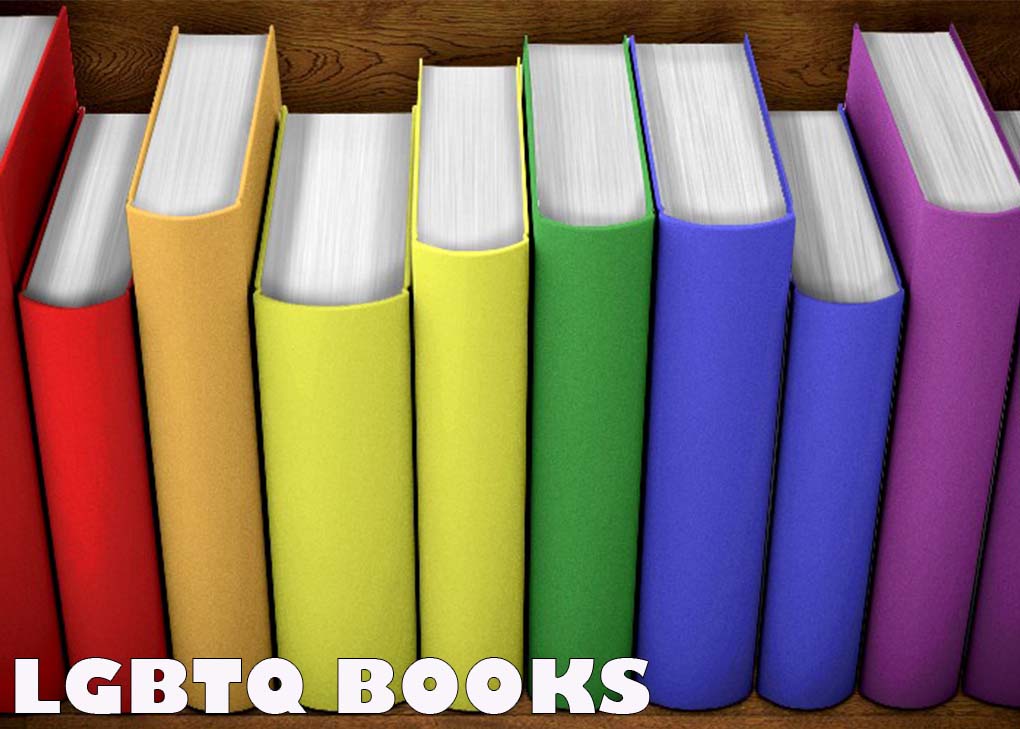
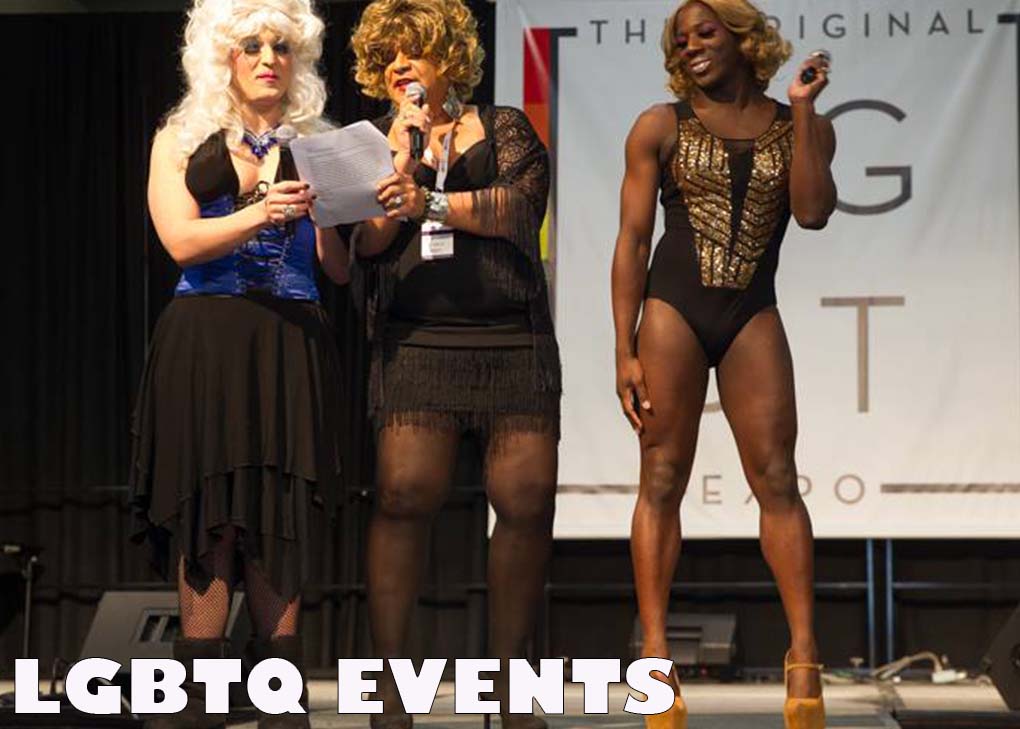
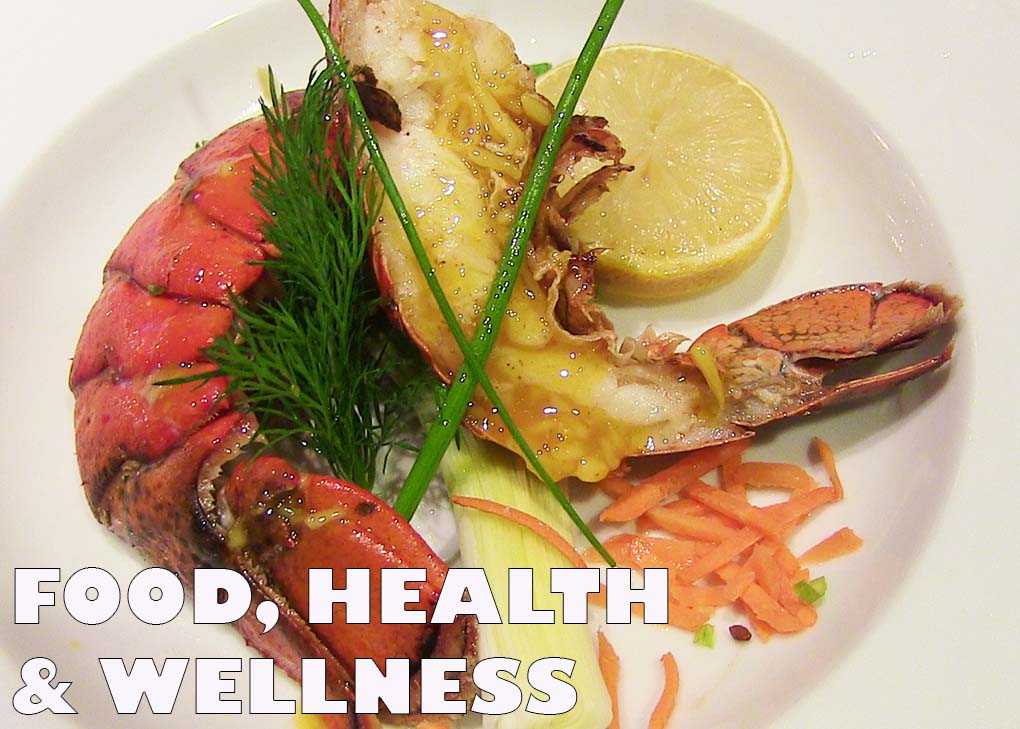
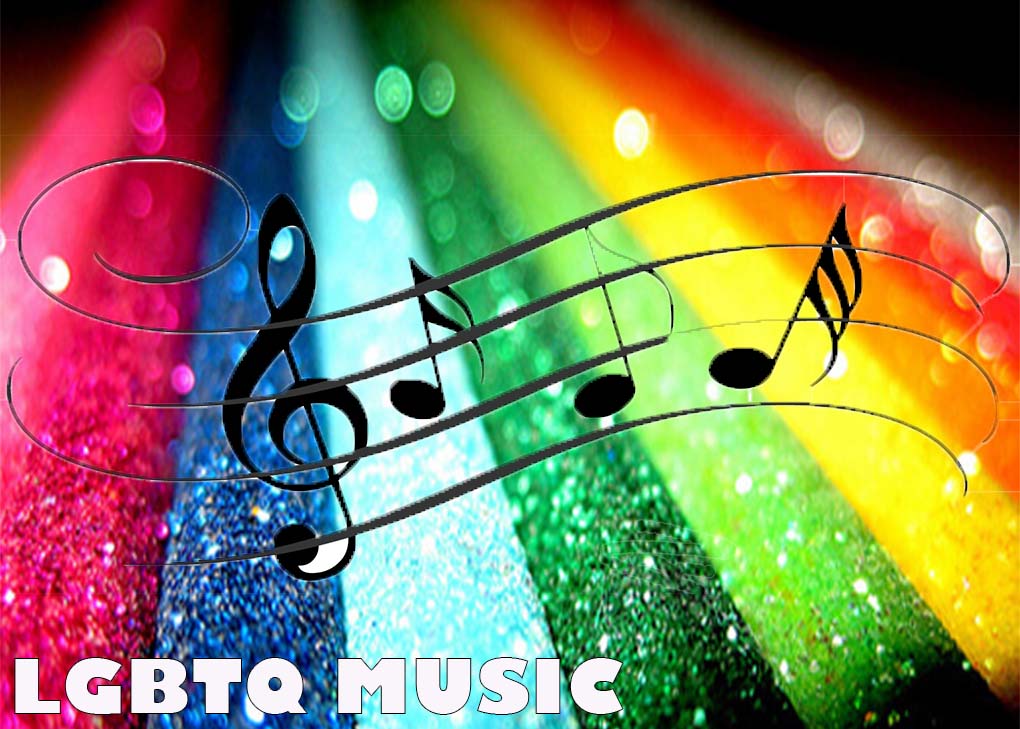


 RSS Feed
RSS Feed